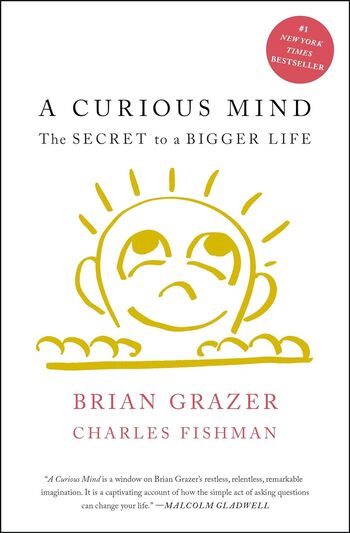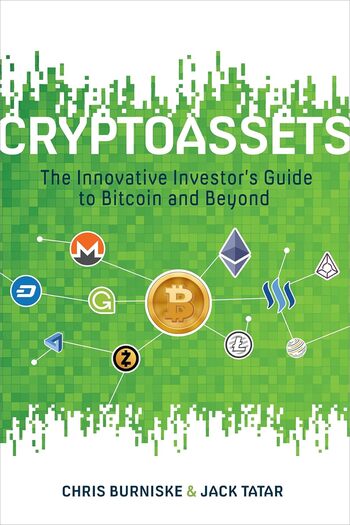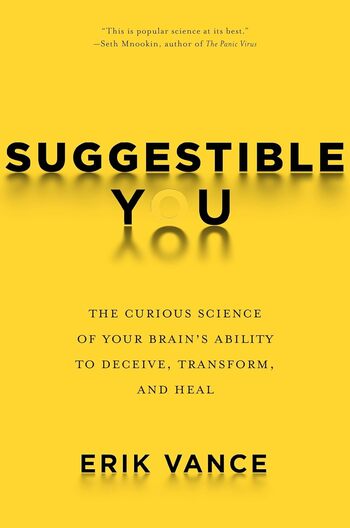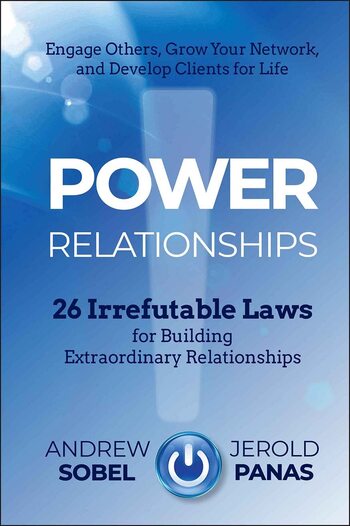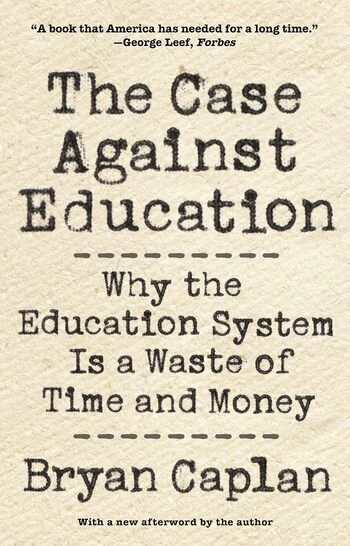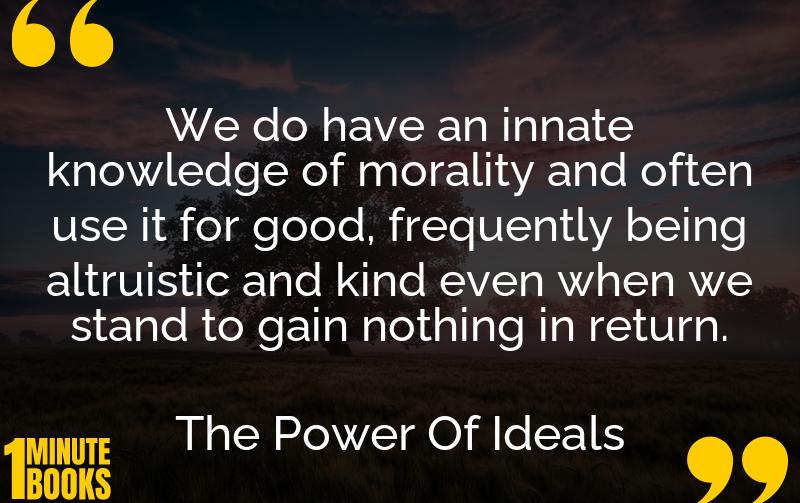
The Power of Ideals explores human morality, examining whether people are inherently good or bad. It challenges the notion that morality is purely societal, highlighting examples where innate goodness leads to altruism and positive social change.
Main Lessons
- Human morality is a complex subject, with varied answers to whether humans are inherently good or bad.
- Psychologist Jonathan Haidt argues that humans are inherently immoral without societal or religious influence.
- Controversial experiments like the Stanford Prison and Milgram shock tests suggest people can act immorally under certain conditions.
- Selfishness is a natural part of human behavior, but not the driving force behind most actions.
- The authors argue that altruism and moral commitment often overshadow acts of selfishness.
- Academic experiments might not accurately represent real-world ethical decision-making.
- Moral dispositions are fluid, evolving through experiences and new information.
- The ultimatum game shows even children develop a sense of fairness early, which evolves over time.
- Experiments with monkeys suggest animals also recognize inequality and fairness.
- Social activism indicates that humans can update moral dispositions for the better.
- Inherent morality exists, sometimes leading individuals to act against personal benefit for justice.
- The capacity for social justice and altruism challenges the new science of morality’s view.
- Humans’ innate morality is evident even in children and animals.
- The ability to recognize unfairness and injustice hints at a deeper moral understanding.
